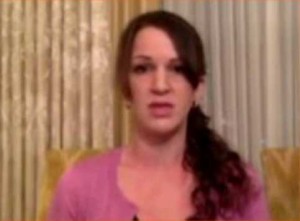
Malala Yousafzai, a Pakistani, was only 11 when she began blogging for the BBC about what she saw as unconscionable repression of women in the matter of education. The daughter of a school principal, she documented the Taliban’s tightening bans on female education, the destruction of some schools and closure of others in her hometown of Swat in northern Pakistan.
Her blatant protests resulted in an attack by a Taliban gunman. He stormed onto the school bus in which she was a passenger and shot her in the head. She survived and her family relocated to England. On her 16th birthday, she gave a speech at the United Nations in New York and she has continued her campaign for education for all children, publishing a book, “I Am Malala,” and establishing the Malala Fund to promote female education around the globe. Recently, she learned she would share a Nobel Peace Prize with Indian activist Kailash Satyarthi. Malala put off celebrating, going instead to her chemistry class in a Birmingham high school. She joked that the money that goes along with the prestigious prize “is not going to help in exams.” She will continue to advocate for the 57 million children who are barred from education.

The hospital had presented optional seminars once or twice, but provided no hands-on training for those who would work with infected patients, Aguirre said.
Aguirre told Today reporters that hospital administrators did not mention Ebola to staff when the facility accepted Thomas Duncan, a victim of the disease, as a patient. Nina Pham, 26, a fellow nurse, contracted the disease after caring for Duncan. Aguirre then was assigned to care for Pham.
Aguirre, a typical middle class worker, faces financial devastation and possible ill effects to her career.
Congress has stepped in and will grill Texas Presbyterian’s chief executive, Daniel Varga, about the matter. Centers for Disease Control director Tom Frieden, will participate.
The world tends to stand in awe of people like Malala and Aguirre who have the courage to stand up and act on their convictions in spite of the hazards they face in doing so. Even the compensation of a Nobel Peace Prize, in Malala’s case, can hardly do justice to their acts in speaking truth that is unpopular with others.
Congratulations to both these women for filling the void of indifference by those of us who fail to act.